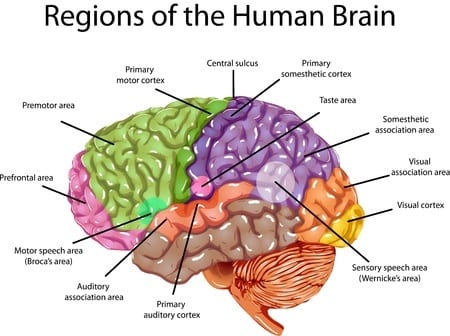
**Prominent Psychologists: Carl Jung, Sigmund Freud, and Abraham Maslow**
The field of psychology has been significantly influenced by the work of trailblazers whose theories remain vital to contemporary understanding and practice. Among these notable individuals are Sigmund Freud, Carl Jung, and Abraham Maslow. Each contributed distinctive viewpoints and innovative concepts that transformed notions of the mind and human actions.
**Sigmund Freud**
Sigmund Freud, frequently regarded as the “father of psychoanalysis,” was born in May 1856 in Austria. His theories explore the conscious and unconscious mind, psychosexual development, dream analysis, and the psychoanalytic model. Freud’s understanding of the mind is summarized in the triadic structure of the id, ego, and superego. The id signifies basic urges, the superego reflects the adoption of societal rules, and the ego acts as a mediator between these two elements. Freud suggested that conflicts among these psychological components lead to anxiety and neurosis.
Freud’s psychosexual development theory states that adult personality characteristics stem from childhood phases during which pleasure-seeking energy is centered on various erogenous areas. These phases include oral, anal, phallic, latency, and genital. Freud’s investigations into dreams, as outlined in his work “The Interpretation of Dreams,” proposed that dreams are expressions of the id’s desires, disguised in symbolism and requiring interpretation through methods like condensation and displacement.
Defense mechanisms were another pivotal concept introduced by Freud, referring to the unconscious strategies employed by the ego to ease internal conflicts between the id and superego. Classic examples include projection, displacement, and sublimation, each providing a means to address and redirect internal tension and desires.
Freud also proposed the idea of libido as a fundamental life instinct that forms the basis of many mental processes within the id. The tension between basic instincts and moral codes sheds light on human actions, offering understanding into impulse regulation within the psyche.
**Abraham Maslow**
Abraham Maslow presented an optimistic perspective on psychological well-being through his hierarchy of needs theory. Introduced in 1943 and famously depicted as a pyramid, his model begins with the foundational physiological requirements of food and water, advancing to safety, love and belonging, esteem, and ultimately, self-actualization. Each level signifies increasing complexity in human motivation, indicating that essential needs must be met before pursuing higher goals.
Maslow’s “deficiency needs,” which encompass physiological and safety needs, become pressing when unmet, while self-actualization signifies development and fulfillment at the top. Toward the end of his career, Maslow broadened this framework by incorporating cognitive, aesthetic, and transcendence needs to represent a more nuanced range of human motivation. Acknowledging that individuals prioritize their needs differently highlights Maslow’s impact on the understanding of human potential and personal development.
**Carl Jung**
Carl Jung, who was a close collaborator of Freud until their theoretical disagreements emerged, introduced concepts such as the collective unconscious and archetypes. Jung posited that the collective unconscious comprises shared memories and concepts inherited from our forebears. Archetypes, including the Hero, the Shadow, and the Anima/Animus, are intrinsic, universal symbols embedded in the collective unconscious that shape current experiences and insights.
Jung further highlighted the individuation process, an exploration toward self-actualization wherein the conscious and unconscious elements of the psyche are integrated. This comprehensive approach emphasized the importance of self-understanding and recognizing the impact of cultural and historical influences on personality formation.
These three psychologists have left lasting impressions on the field of psychology. Their revolutionary concepts continue to provide essential perspectives on comprehending the mind, behaviors, and the complex network of human motivations.